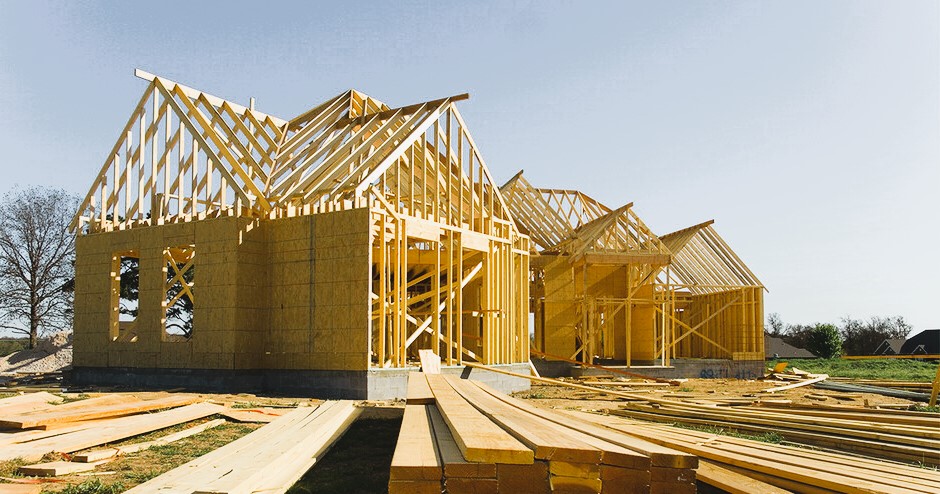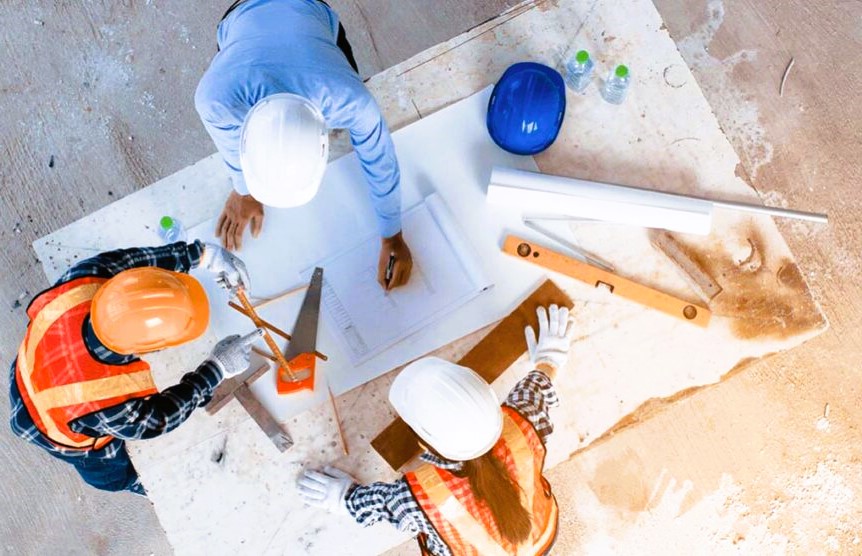Maximizing Tax Incentives for Home Builders in Edmonton: Tips and Tricks
Home builders in Edmonton play a pivotal role in shaping the city’s landscape and meeting the housing needs of its residents. As the construction industry continues to evolve, it’s crucial for builders to not only create quality homes but also to navigate the intricate realm of taxes effectively. Maximizing tax incentives can significantly impact a builder’s bottom line and overall business success. In this article, we’ll delve into valuable tips and tricks that home builders in Edmonton can utilize to optimize their tax incentives, ensuring a financially sound and thriving construction venture.
Understanding Tax Incentives
Tax incentives serve as powerful tools offered by governments to stimulate desired economic activities. In the context of home builders, these incentives are designed to promote specific construction practices, energy-efficient building methods, and sustainable development. Edmonton, like many other cities, provides a range of tax incentives to encourage builders to adhere to certain standards that benefit both the environment and the community.
Research Tax Incentive Programs

The first step in maximizing tax incentives is thorough research. Home builders should be well-versed in the array of federal, provincial, and municipal programs available. These programs often offer tax credits, deductions, or grants for adopting particular building practices. For instance, the Canada Green Building Council’s Leadership in Energy and Environmental Design (LEED) certification can open doors to substantial tax benefits for eco-friendly constructions.
Expenses and Deductions
One of the fundamental strategies for optimizing tax incentives is to keep comprehensive records of all expenses associated with construction projects. Builders should meticulously track materials costs, labor expenditures, permits, and any other relevant outlays. These deductible expenses can significantly reduce taxable income, consequently lowering the overall tax burden.
Capital Cost Allowance (CCA)
Home builders can take advantage of the Capital Cost Allowance (CCA), a provision that permits the depreciation of eligible assets utilized in their construction endeavors. This mechanism can lead to substantial tax savings by spreading the cost of assets over several years, aligning with their actual usage and wear.
Embrace Energy Efficiency
Edmonton’s climate necessitates robust energy-efficient building practices. By incorporating energy-saving elements such as solar panels, advanced insulation, and high-efficiency HVAC systems, builders not only contribute to a greener future but also unlock additional tax incentives. Some jurisdictions offer tax credits or grants for homes that meet specific energy efficiency criteria. Like the article? Read also about the budget construction of environmentally friendly houses.
Tax Breaks for Green Building
Green building practices go hand in hand with tax incentives. Builders who incorporate environmentally friendly materials and sustainable techniques may be eligible for further tax breaks. These incentives are not only financially rewarding but also reflect a commitment to responsible construction practices that align with the city’s long-term development goals.
Collaboration with Tax Professionals
Navigating the intricate landscape of tax incentives requires expertise. Collaborating with tax professionals who specialize in the construction industry is a prudent step. These experts possess a deep understanding of the ever-evolving tax laws and can help builders identify and maximize available incentives while ensuring compliance with regulations.
Strategic Timing of Expenses
Timing plays a crucial role in optimizing tax incentives. Builders can strategically time their expenses to coincide with tax credit deadlines or changes in tax regulations. By aligning projects with the right timelines, builders can make the most of available incentives and enhance their overall tax position.
Utilizing Grants and Subsidies

Governments often offer grants and subsidies to support specific construction projects, especially those that address housing shortages or promote community development. Home builders should actively explore these opportunities, as they can provide valuable financial assistance and ease the financial burden of construction projects.
Consider Business Incorporation
The structure of a home building business can impact tax incentives. Exploring the option of incorporating the business may offer additional tax advantages. Consultation with business advisors or accountants can shed light on whether this step is suitable and how it can contribute to maximizing tax benefits.
Conclusion
Maximizing tax incentives for home builders in Edmonton requires a strategic and informed approach. By staying updated on available programs, tracking deductible expenses, embracing energy efficiency, and collaborating with tax professionals, builders can navigate the tax landscape with confidence. These efforts not only lead to financial savings but also contribute to sustainable and responsible construction practices that benefit both the industry and the community.
Sources:
- Wikipedia – Tax Incentive
